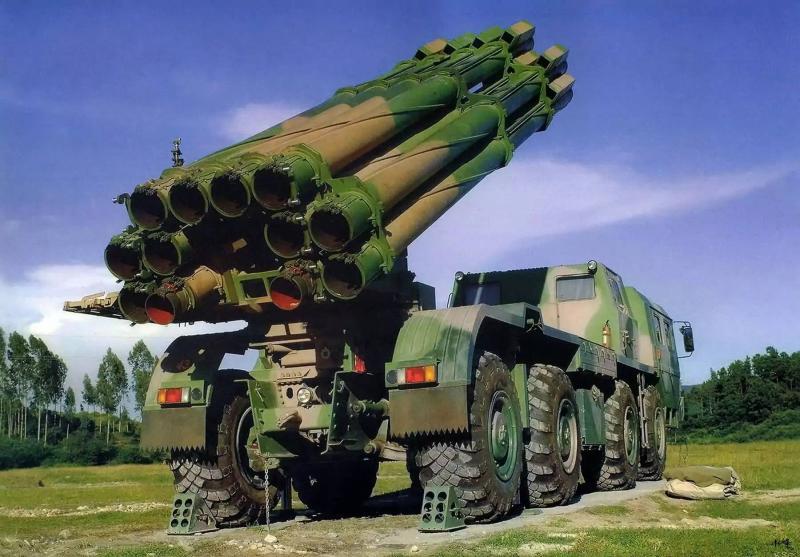According to a report by The New York Times, Iranian officials have stated that Supreme Leader Ali Khamenei has instructed the military to formulate multiple response plans in the event of an Israeli attack. The directive specifically indicates a response should Israel target Iran's oil or nuclear facilities.
Iranian officials clarified that if Israel's attack is limited to military bases, missile depots, and drones, Iran would not retaliate. However, they emphasized that Iran would seek retribution if the Israeli strikes result in widespread damage and significant casualties.
Iran has placed its armed forces on high alert and fortified its air defenses at sensitive military and nuclear sites, according to these officials. In anticipation of possible assaults from opposition groups exploiting a wartime situation, Tehran has positioned military commanders with experience in Iraq and Syria in border provinces.
Members of the Revolutionary Guard informed The New York Times that if Israel inflicts substantial damage on Iran, potential Iranian responses include launching up to 1,000 ballistic missiles alongside attacks from allied groups, and disrupting global energy supplies and shipping routes.
On Thursday, U.S. Secretary of State Antony Blinken stated that the United States is not interested in prolonging Israel's campaign in Lebanon, sparked over a month ago by a major offensive against Hezbollah. Blinken expressed hope that Iran understands the severe risks associated with further attacks on Israel as tensions grow in anticipation of an Israeli response to Iran's early October missile strike.
The UK's Times reported on Thursday, quoting an informed intelligence source, that Israel has delayed its retaliatory strike against Iran to revise some strategies. The British publication noted that Israel had to develop an alternative plan requiring detailed military exercises before any orders are given.
The decision to postpone the retaliation came after a leak last week of classified military information involving a U.S. assessment of Israel's potential response. An informed intelligence source cited that the leak necessitated strategic adjustments, delaying the anticipated response. The disclosure did not specify potential Iranian targets, but the U.S. has cautioned Israel against striking Iran’s nuclear infrastructure or oil industry.



